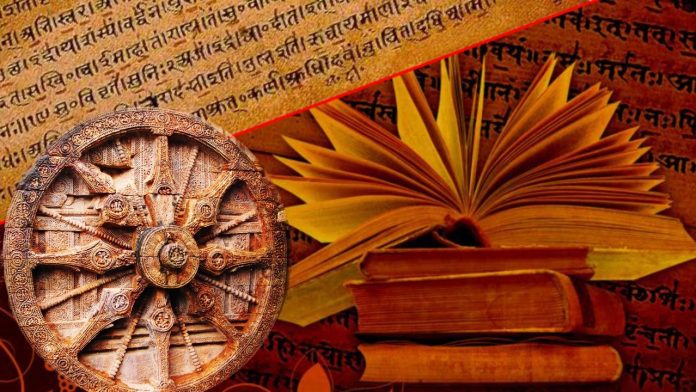September 18, 2017
Journey travelled so far
The Hindu Personal Law has been inching towards development ever since its codification in the post partition period. The term ‘Hindu’ under the act has been defined in a broader and diversified spectrum that includes Sikhs, Buddhists, Jains, and all those who were not Christians, Muslims, Jews or Parsis. In 1955, The Hindu Marriage Act was passed which was followed by Civil Laws related to adoption, succession and maintenance. In the last five decades, the Hindu Personal Law has gone under number of transformations and improvements.
One of the most celebrated transformations came after fifty years of the first legal Act i.e. the Act of 2005 which granted equal rights over property to the daughter. Several scholars have discussed the fact that women have neither been the part of the natal family nor the marital family. This discrimination is due to the switching of families post marriage. The act allowed women to be a part of both the families. This also enabled women to claim for the rights over the property of the family.
Stretch of Hurdles to be crossed
Albeit the long list of amendments have covered a long distance, there is still a long way to go for the Hindu Personal Laws as it faces a stern challenge from the centuries old traditions veiled under the ambiguous customs which have paralyzed the gender rights. According to the Hindu Law, a couple is dignified as husband and wife through the celebration marked by religious ceremony and rites. The problem with such a code is that India is a diverse nation with multiple customs at different regions. The difference of customs prevailing among different people imposes a greater baffling over arching structure which results in the mixing of ceremonies and perplexed rites. According the amendments introduced in the Hindu Marriage Act of 1955, either the two essentials of marriage ceremonies i.e. seven steps around the sacred fire and invocation before the fire shall be performed or the concerned parties shall request the customary rites. This puts the burden of proving the customs upon the concerned party.
The obscurity of such a law and the customs attached to it perplexes the bride who happily performs the rituals unaware of the fact that the marriage is not even legal which enables many people accused of bigamy walk freely. Since the wives find it hard to prove the marriage many cases of prosecution have failed. This defeats the whole tradition and law of monogamy.
It is ironical that how people find loopholes in a law using very complex and ambiguous rituals and rites to overshadow a simple concept of monogamy.
Similarly the laws on property of women have posed a series of serious threats. Under section 15(1) of the Hindu succession Act, when a man dies, the inheritance of his property is bestowed upon the relatives over wife. However, when a wife dies, her property is bestowed upon her husband’s heirs over her family. There have been number of cases where the widows have been thrown out of their husbands’ home. In some cases the widows who have been cast out of the home have established themselves well. However, in case of their death, the benefits of their hard work had been enjoyed by their husbands’ family and not their natal family.
The women have not been granted same rights as men in several states of India. This leaves the helpless daughters, widows, and mothers at the mercy of the men of the house. Thanks to the patriarchy, the rights of patrimony are still out of the reach of women.
The marital rape is still a taboo in India. If a woman reports the complaint of marital rape to her family, she is told to accept it as the ‘love’ of her husband. The police rarely, if ever, register a complaint of marital rape. Therefore, there is a strong need to criminalize the marital rapes to ensure the improvement of the condition of women. The Hindu Marital Law has covered a long way and it has to travel even longer distance to ensure the Gender Equality which is still an infant in India.





